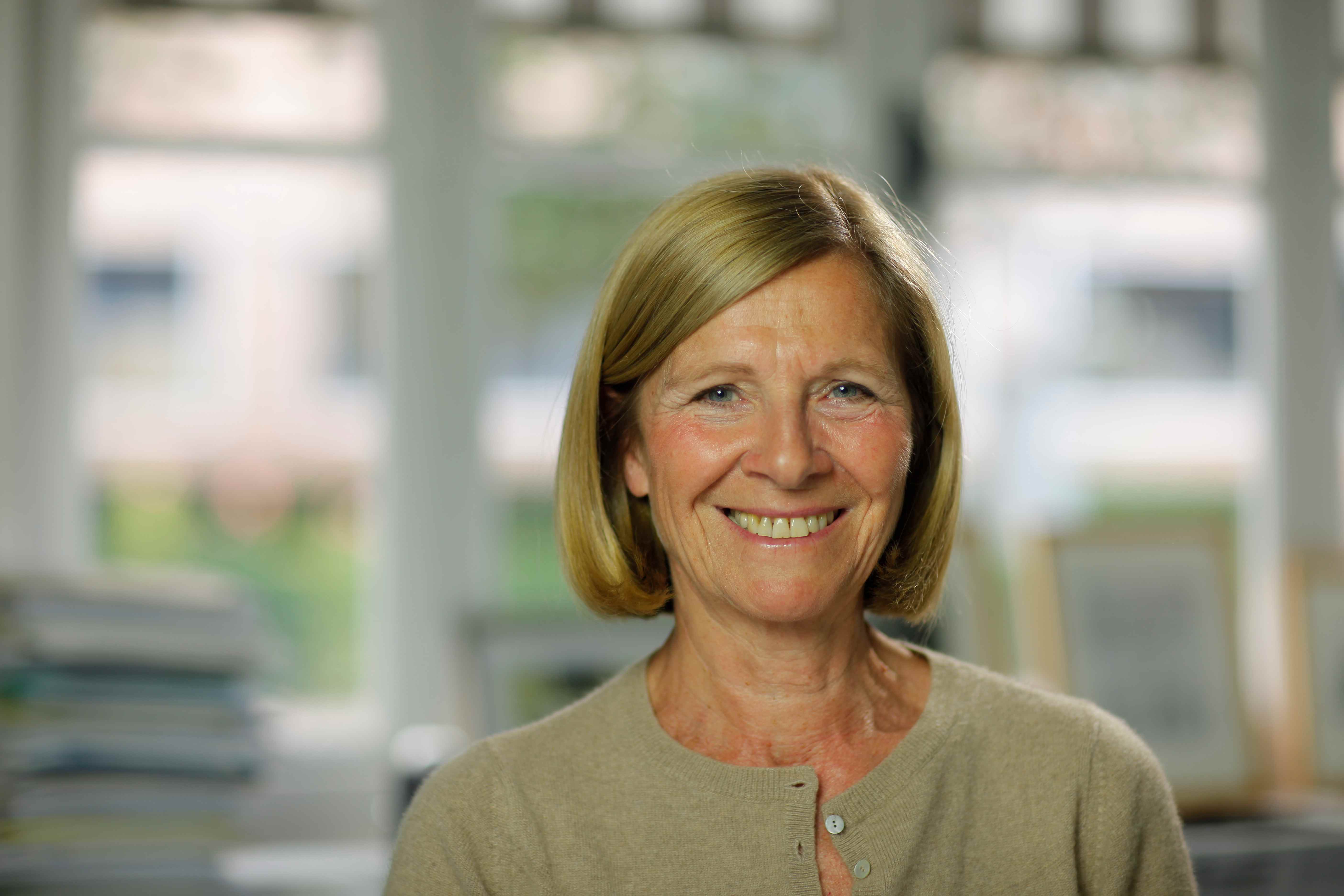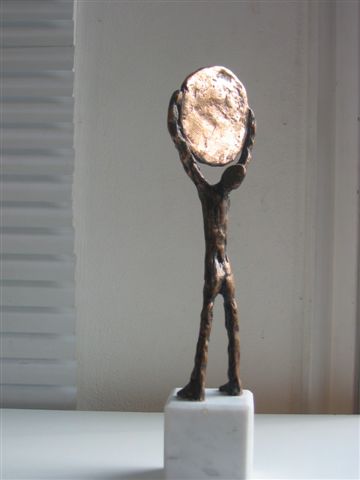FEBS | EMBO Women in Science Award Lecture
Tuesday 2 September
11:45-12:30, Grand Auditorium
| Women in Science Lecture and Award Ceremony | Introduction by Carmen Buchrieser, Institut Pasteur, FR |
 |
Pascale Cossart
Institut Pasteur, Paris, FR A trip in the "New Microbiology" with the bacterial pathogen Listeria monocytogenes Abstract Listeria monocytogenes is a food-borne pathogen causing an opportunistic disease called listeriosis. This bacterium invades and replicates in most cell types, due to its multiple strategies to exploit host molecular mechanisms. Research aiming at unravelling Listeria invasion and intracellular lifestyle has led to a number of key discoveries in infection biology, cell biology and also microbiology. In this talk, we will present our most recent advances in understanding the intimate crosstalk between the bacterium and its host, resulting from in-depth studies performed over the past five years. We will specifically highlight new concepts in RNA-based regulation in bacteria and discuss important findings in cell biology, including a new role for clathrin and an atypical mitochondrial fragmentation mechanism. We will also illustrate the notion that bacterial infection regulates host gene expression at the chromatin level, contributing to an emerging field called patho-epigenetics. After studying chemistry in Lille (France), Pascale Cossart obtained a master degree at Georgetown University, Washington DC, in 1971. Back in France she obtained her PhD in Paris, in 1977 working with G. Cohen in the Pasteur Institute where she is still now. Her thesis project was the amino-acid sequence determination of an E coli enzyme. During her postdoctorate with M. Yaniv, she sequenced the gene encoding this enzyme, thrA, the first gene sequenced in the Pasteur Institute. In the early 80’s, she switched to the study of DNA-protein interactions and together with B. Gicquel, collaborated with J. Beckwith in Harvard to analyze the site-specificity of the E. coli cyclic AMP binding protein. In 1986, she started a group within the Unit headed by Julian Davies and embarked on her work on Listeria monocytogenes, a bacterium responsible for food borne infections that she had chosen as a model to study intracellular parasitism. She used an unprecedented combination of innovative approaches to unravel the mechanisms underlying Listeria infection. She discovered a series of virulence factors which helped generating general concepts in infection biology, including ActA which together with Arp2/3 mediates actin-based motility and the two major invasion proteins internalin and InlB which trigger actin rearrangements upon bacterial entry into cells. She also higlighted the thermoregulation of expression of virulence genes via an RNA thermosensor. She dissected in great details the cell biology of the infectious process, in particular, the entry into cells and the actin-based motility. She also discovered unsuspected post-translational modifications in the host and is now highlighting how bacteria trigger a transient mitochondrial fission by a non classical pathway, and also remodel chromatin in order to escape innate immune responses. At the animal level, she highlighted how the bacteria can cross the intestinal barrier through the interaction of internalin with E-cadherin. Listeria is now one of the most documented bacterial pathogens and a reference in infection biology. P. Cossart is Professor at the Pasteur Institute, Head of the Unit « Interactions Bactéries -Cellules », Inserm Unit U604 and INRA USC2020. She is a senior international research scholar of the Howard Hughes Medical Institute. In 2009, she was awarded an « ERC advanced Grant » and has received a number of awards including the L’Oreal Prize for women in Science (1998), the Louis Pasteur Gold Medal of the Swedish Society of Medicine (2000), the Robert Koch Prize (2007), the Louis Jeantet Prize for Medicine (2008) and the Balzan Prize (2013). She is a member of EMBO (1995), of the French Academy of Sciences(2002), of "Deutsche Akademie der Naturforscher Leopoldina" (2001). She is a foreign member of the American National Academy of Sciences (2009) and of the British Royal Society (2010). |
||
|
|
|||
 |
The FEBS | EMBO Women in Science Award consists of a bursary of €10,000, and a sculpture designed by Marloes Eerden. Marloes Eerden is a Dutch artist and works with bronze and stone and manufactures pieces inspired by culture and nature. She is inspired by the forces of the sun and moon, the Animal Kingdom, as well as ancient traditions and customs of the human race. More information in Dutch is available online: www.docart.nl and more details in English can be found here (pdf). Watch a video about the sculpture designer here (in Dutch with English subtitles). |
||
|
|
|||





